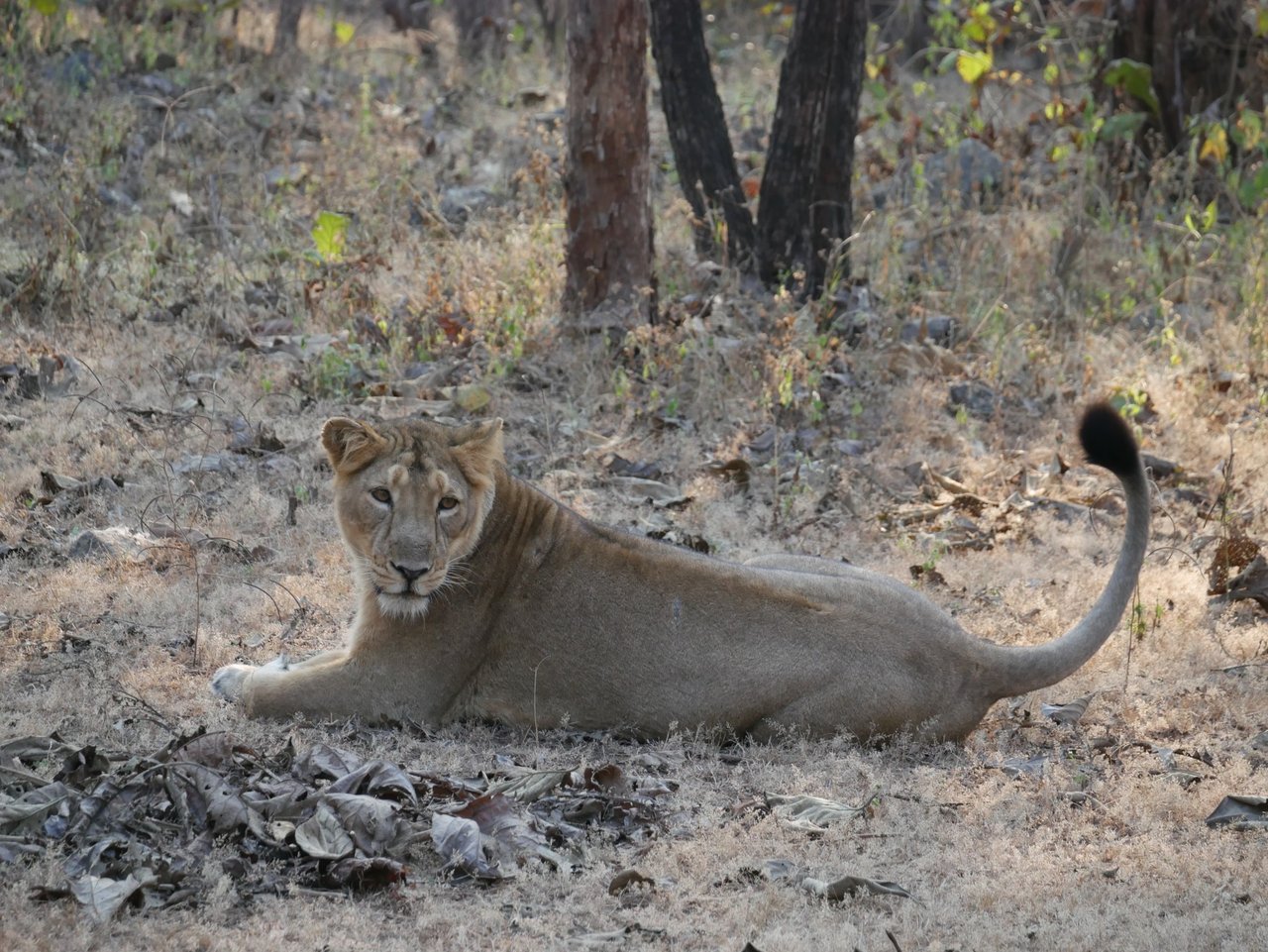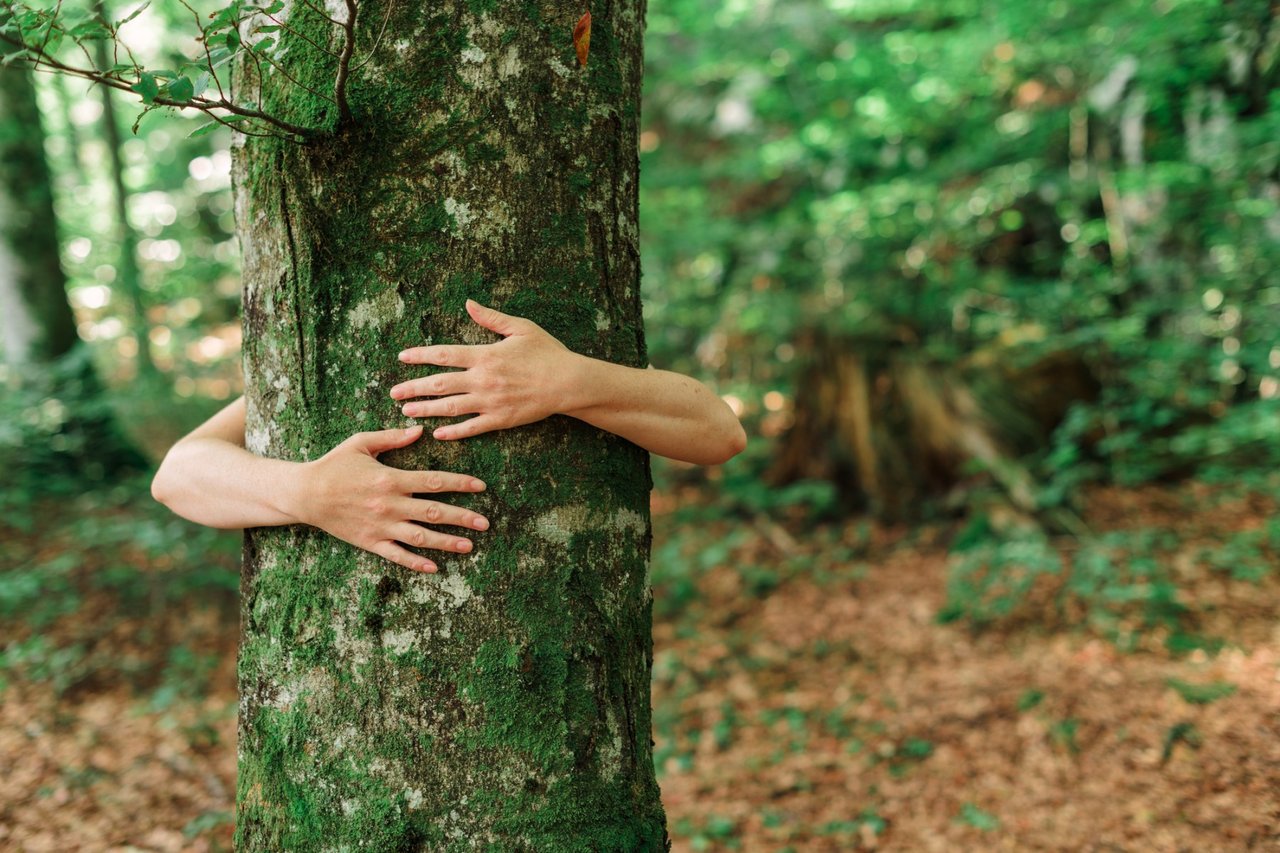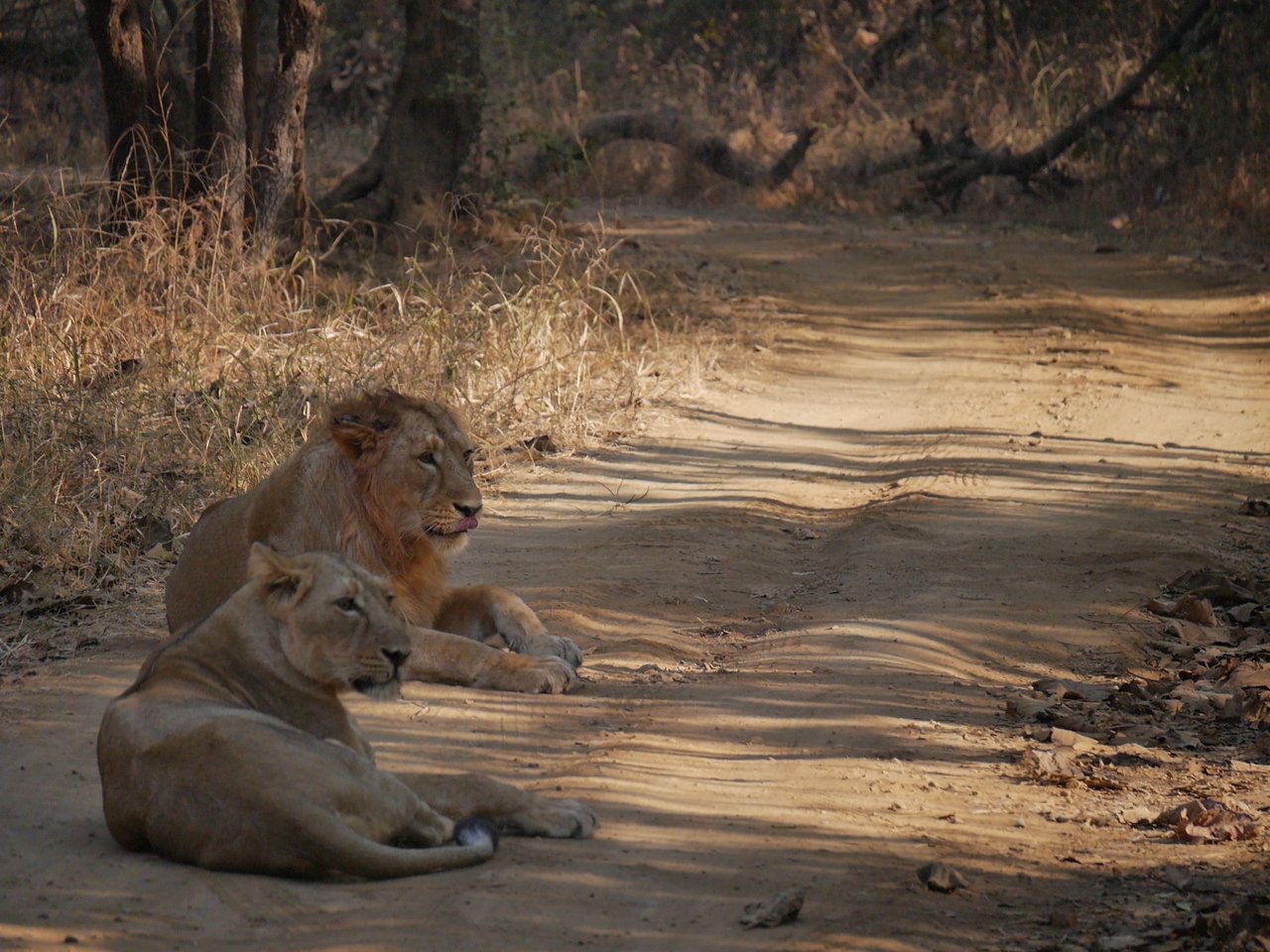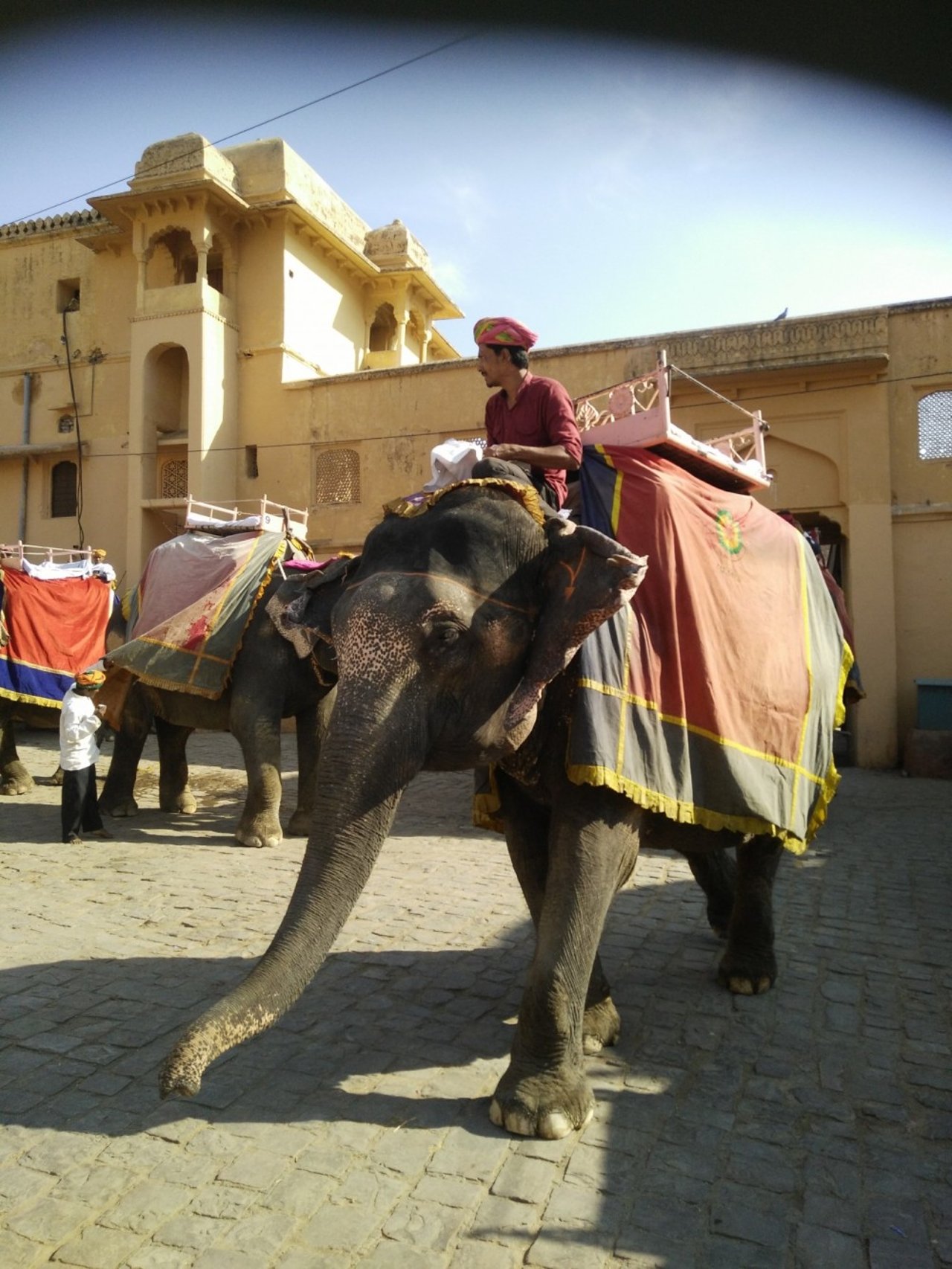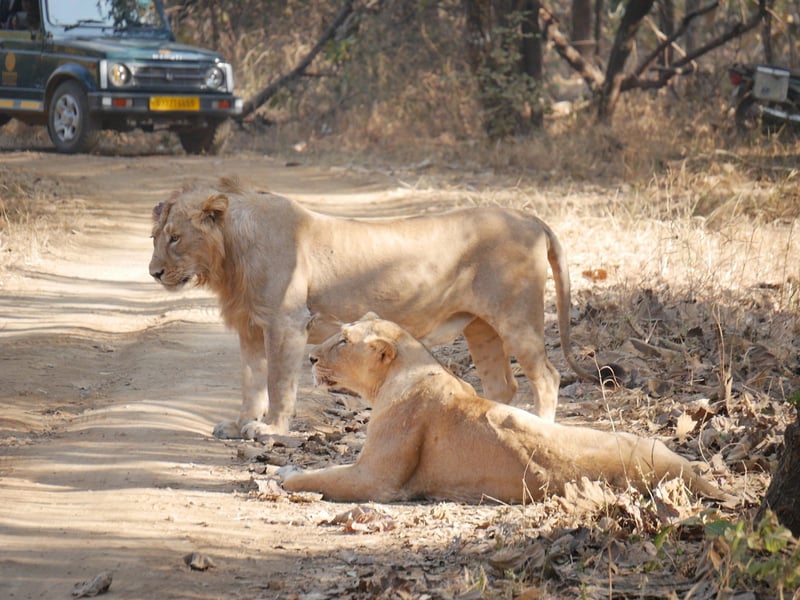
Gir tourism legal directive shines a light on the need to embrace wildlife-friendly tourism everywhere.
Responsible Wildlife Tourism in India
In recognition of a major development to advance the cause of responsible wildlife tourism in India, there is very significant attention on the implications of the recent legal directive of a court on the unethical and immoral practice of baiting lions for tourism in Gir National Park in Gujarat, as reported in the press.
Image Credit: Lioness photograph has been clicked by Sunny Shah, proprietor of Wolf And Company.
A court in Gir Somnath district of Gujarat has now convicted seven people, including three tourists from Ahmedabad, and has awarded them different jail terms for harassing a lioness in Gir National Park in 2018. In an order issued by Judicial Magistrate First Class at Gir Gadhada, Sunik Kumar Dave, awarded three years' rigorous imprisonment to six of the accused, whilst another accused was sentenced to one-year in prison. They were pronounced guilty under the Wildlife (Protection) Act, 1972, Sections 2 (16)(B) (capturing, trapping or baiting any wild animal), 9 (hunting) and 27 (restriction on entry in a sanctuary) and other provisions.
Wildlife-friendly pledge by 1000 Islands Hotels and Resorts and Wolf and Company
In the wake of this landmark legal directive that regulates the nature of wildlife tourism, two travel and tour operator companies, 1000 Islands Hotels and Resort and Wolf and Company, have undertaken to endorse the wildlife-friendly pledge of World Animal Protection, an international animal protection NGO, that encourages travel operators to refrain from promoting the unethical exploitation of animals, including elephant rides and selfies with wild animals in tiger breeding establishments and other captive facilities.
What is Biophilia?
Increasingly, travel and tour companies care being encouraged by environmental groups to incorporate ‘Biophilia’ in their modus operandi. Biophilia is reflective of a way of life that is immersive in nature and aims to marry the world inside with the essence of nature. This vision encourages us to keep our wildlife protected, allowing them to thrive in their natural homes. With growing urbanisation, it has to be recognized that wildlife in entertainment represents a serious threat to conservation and animal welfare, consequently affecting the health of our planet. Whilst many travellers express their desire to visit places that directly or indirectly abuse wildlife, travel and tour operators are being advised to be committed in their mission to protect the natural flora and fauna, and not guide tourists to entities that engage in entertainment at the cost of animal welfare.
Biophilia: Image used for reference by World Animal Protection
Abuse of Wild Animals
Wild animal abuse like elephant rides, selfies with tigers or unethical practices like, 'baiting lions' for frivolous sport in the Gir National Park in Gujarat are potent examples of the misuse of wild animals in tourism. It is now known that baiting wild predators affect their natural hunting skills and also constitutes cruelty to the animals being used as bait. Very unfortunately, this manner of baiting wild animals like lions has been used in and around Gir National Park to offer tourists closeup views of the resident lions. The involvement of some public figures in proximity to wild animals in a variety of situations has also moulded public opinion on the desirability of clicking closeup pictures with wild animals and captive animals, sometimes leading to disastrous results leading to deaths of individuals who have been killed by wild animals in the process.
Image Credit: Lions resting in Gir National Park by Sunny Shah
What has Coronavirus taught us?
The coronavirus pandemic has taught us that mankind cannot continue to abuse wild animals so it has to be emphasised that the message of ‘build back better' in the aftermath of the pandemic to set a good example for all travel and tourist companies involved in wildlife tourism. Travel and tour companies like 1000 Islands Hotels and Resort and Wolf And Company are slowly coming forward to stop the abuse of all wild animals in entertainment and promote the idea that animal welfare and conservation-friendly tourism is the way forward for a humane model of sustainable tourism in the wake of the pandemic that was believed to have been caused by humans coming into proximity of wild animals in abusive situations. These companies are encouraging their clients not to undertake onward journeys to places that offer elephant rides and other forms of exploitation of wild animals in captivity.”
Raising awareness on the exploitation of wildlife in captivity
Across the world, there is increasing concern about the exploitation of wild animals in tourism and how the travel and tourism industry ought to deal with this phenomenon. World Animal Protection has been at the forefront of raising awareness on the exploitation of wildlife in captivity by persistently highlighting the threats to conservation and animal welfare, caused by such activities. The investigative report, 'Checking out of cruelty' published in 2016, which used the research conducted by the University of Oxford's Wildlife Conservation Research Unit (WildCRU), is reportedly the first-ever piece of global research into the scale of animal cruelty in wildlife tourism. The research found that three out of four wildlife tourist attractions involve some form of animal abuse or conservation concerns, and up to 550,000 wild animals are suffering in these venues.
Image Credit: Elephant Rides at Amer Fort by Shubhobroto Ghosh
The directive of the court in punishing the offenders involved in baiting lions for tourism gathers added significance given that this practice has been going around in and around Gir National Park in Gujarat for a long time. It is time to emphasise the principle of ‘build back better,’ to promote a more humane, responsible and animal-friendly tourism model on behalf of travel and tour operators in the aftermath of the coronavirus pandemic.
Rebuilding the Tourism Industry
Travel companies have an amazing and unprecedented opportunity to rebuild the tourism industry to be more resilient and responsible in the aftermath of the coronavirus pandemic. COVID-19 has challenged us to create change in our conventional perceptions of our relationship with nature and animals. The pandemic has shone a harsh spotlight on how people treat wild animals, both in the wild and in captivity. The catastrophic impact of wildlife exploitation over the years has impacted our health, economies and the travel industry, in addition to causing the suffering of millions of animals worldwide. There can be no going back to what once was, in short, business as usual means trouble.
Irresponsible Wildlife Tourism is dangerous
Irresponsible wildlife tourism can be dangerous. 60% of emerging infectious diseases are stated to be zoonotic (originating from animals), with over 70% of these thoughts to be originating from wild animals. The demand for and exploitation of wild animals exposes us to diseases like COVID-19 and subsequently putting us all at risk.
As a member of the travel industry, responsible firms can help prevent another pandemic, secure their own livelihoods and help keep wild animals in the wild by becoming wildlife-friendly travel companies. This involves phasing out wildlife entertainment like elephant rides, selfies with captive tigers and dolphin shows from their supply chain and offering responsible tourist experiences instead that celebrate the beauty of wildlife in the wild.
For details of the work of World Animal Protection with promoting ethical wildlife tourism practices, please visit: https://www.worldanimalprotection.org.in/be-part-change
It is to be hoped that the exemplary commitment for wildlife-friendly tourism shown by 1000 Islands Hotels and Resort and Wolf And Company in the wake of the landmark legal directive on lion tourism in Gir National Park will be emulated by other companies and thus help in phasing out the immoral and unethical spectacle of wildlife entertainment everywhere, including baiting lions for fun.
